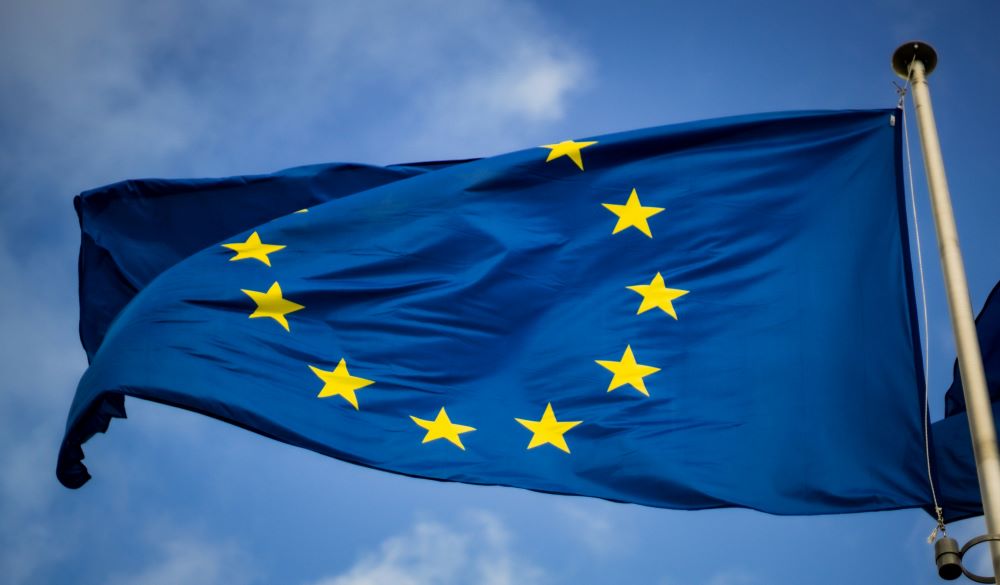
Finally, the moment has arrived. Despite the stubborn and persistent opposition from countries like Austria and – unfortunately – the Netherlands, Romania has joined the Schengen Area for air and sea travel. This means that travelers can proceed through airports without passport control.
In my weekly commute between the Netherlands and Romania, this saves me more than half an hour. This is particularly beneficial upon returning to Schiphol, where the machines for digital passport control are often out of service for unknown reasons – a real improvement. By the way, could it be that the military police deliberately turn off these machines regularly? I wouldn’t want to be replaced by a machine that does my job more efficiently than I do and also doesn’t ask unnecessary questions, but that’s beside the point.
Beyond the time savings, the symbolism of Romania’s accession to Schengen might be even more significant. Travelers to and from Romania now face no obstacles; you only need a boarding pass—that’s it!
It almost feels as if Romania is now truly being embraced by the European community, step by step. Hopefully, the next major step will be Romania’s entry into the European Monetary Union, where the Romanian Leu would be replaced by the Euro.
From my perspective and experienc – as someone who first visited Romania in 1994 – an incredible amount of changes have occurred over the last three decades. I hear this echoed by many visiting contacts who come here a few times a year. They see the improvements almost like a kind of time-lapse in their 2 or 3 visits per year, making the changes much more visible. This is true at almost every level. For instance, many cities are in the process of insulating the many unsightly apartment buildings, making them look much more modern. The national and provincial road network is being modernized at a rapid pace, partly thanks to European funds, just like many regional airports with international destinations. More importantly, younger generations of Romanians differ little in mentality and attitude from their peers in other European countries.
Perhaps the core of my argument is that Romania is rapidly catching up with the rest of the world. The perceived cultural differences between Eastern and Western Europe are shrinking rapidly. We see barriers disappearing, distances shrinking, and international connections improving. The Romanian President Klaus Iohannis even made a bid for the NATO chairmanship. He didn’t stand a chance against Rutte, but he did show his commitment and ambition to be part of a united Europe. Unfortunately, this realization is still lacking among many Dutch people. We see this time and again when NetRom guests visit Romania for the first time and are surprised by what they find here.
In addition to all the developments in recent years, and now Romania’s accession to the Schengen Area, I secretly hope that this blog also contributes, even if just a little, to shaping the perceptions of its readers.